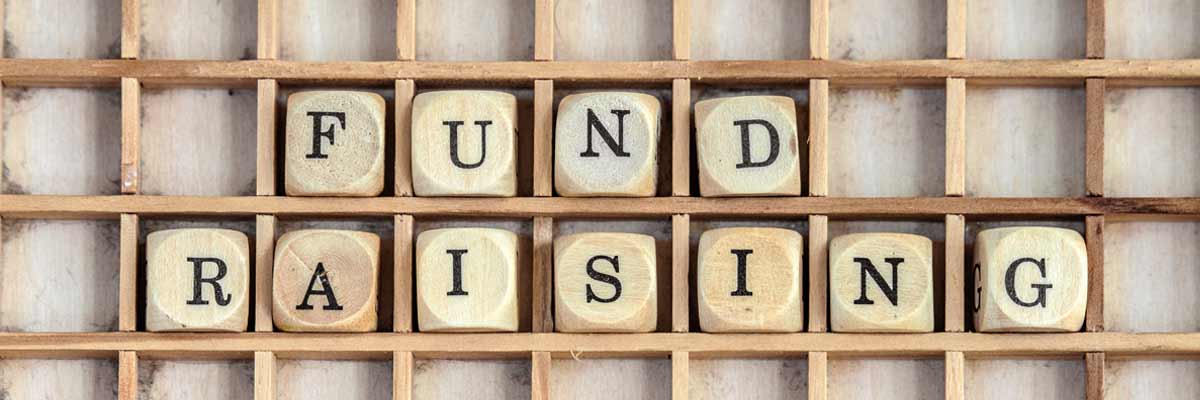


Date : Jun 19 , 2024 | By Snigdha Raha
Nonprofit fundraising heavily depends on major donors who play a significant role in supporting organisations’ mission-driven work. Cultivating meaningful relationships with these philanthropic partners requires a strategic approach based on trust, authenticity, and mutual respect. Exploring effective strategies for engaging major donors and fostering long-term connections that drive impact and sustainability is essential.
Understanding the Nature of Major Donor Fundraising
The foundation of major donor fundraising rests on cultivating relationships with individuals who possess both the financial capacity and the inclination to make substantial contributions. This approach to fundraising diverges from traditional methods that prioritise transactions over interpersonal connections. Major donor fundraising instead emphasises establishing deep, personal bonds with potential donors. It is important to note that there is no predetermined threshold for a ‘major gift,’ which varies depending on the organisation’s fundraising goals and objectives.
Collaborative Approach
Achieving successful major donor fundraising necessitates collaborative efforts across multiple levels of an organisation. This collaborative effort involves the CEO, board of trustees, major gift officers, and administrative staff, each critical in cultivating and stewarding relationships with major donors. Nonprofits can effectively engage major donors by fostering a culture of philanthropy throughout the organisation and leveraging the collective efforts of their team. This approach allows nonprofits to maximise their fundraising potential and achieve philanthropic goals.
Relationship Building
Cultivating strong relationships with major donors is crucial for any successful philanthropic venture. Achieving this requires patience, persistence, and a sincere interest in the donors’ philanthropic passions and interests. Investing time in getting to know each donor individually is imperative to understand their motivations, values, and priorities. This may involve conducting extensive research, arranging meetings, and attending social events to foster meaningful interactions and connections.
Keep in mind that smaller organisations may not have the bandwidth to devote all of a team member’s time to the duties of a major gifts officer. They may, instead, ask their executive directors or other managers to fulfil these duties. This will suffice until the organisation grows large enough to justify creating the designated position.
Additionally, technology can streamline the prospecting process and significantly reduce the logistical challenges of development for organisations of all sizes.
Personalised Approach
When soliciting a major gift, it’s essential to understand that it involves a significant commitment. Major donors require careful cultivation and attentive stewardship after their donation. Making them feel part of a larger cause is vital to securing substantial support and donor retention.
Creating exclusivity around their giving accomplishes several objectives:
Since each major donor is unique, fundraising approaches and communications should be tailored to their preferences. Avoiding a one-size-fits-all approach, nonprofits must customise outreach efforts based on the donor’s communication style, giving history, and interests. Personalised engagement demonstrates a genuine commitment to the donor’s priorities, strengthening the relationship.
Also Read: Storytelling for Fundraising
Continuous Stewardship
Stewardship is critical to maintaining strong relationships with major donors beyond the initial gift. Nonprofits should demonstrate gratitude and appreciation for the donor’s support through personalised acknowledgements, updates on the impact of their contributions, and opportunities for continued engagement. Invite them for project visits, organise events for donors to interact with each other, run that donor feedback survey, report back on their giving KPIs and most importantly, give them opportunities to volunteer with you. Let them know they are acknowledged and cared for.
Building strong relationships with major donors is a combination of skill and knowledge. By committing to donor-centric strategies and genuine engagement, organisations can unlock the full potential of major donor fundraising to advance their mission and create positive change.
Date : Jun 27 , 2024
Date : Jun 15 , 2024
Date : Apr 5 , 2024
Date : Mar 28 , 2024
Date : Jan 25 , 2024
Date : Mar 22 , 2023
Date : Mar 15 , 2022
Date : Dec 8 , 2021